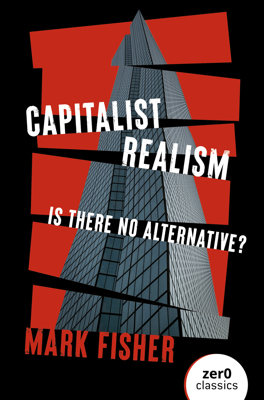All That Is Solid Melts Into PR: Market Stalinism and Bureaucratic Anti-Production
Market Stalinism and Bureaucratic Anti-Production
The chapter examines the paradoxical increase of bureaucratic procedures in neoliberal environments, which outwardly profess to minimize bureaucracy. Using the film "Office Space" (1999), it illustrates a corporate world bogged down by trivial managerial demands, showing how modern workplaces impose artificial creativity demands, such as requiring employees to display 'individuality' through superficial means like wearing badges. This reflects broader control society tactics where emotional and creative outputs are commodified and quantified.
Increased managerial surveillance and quantification of work are identified as key characteristics of labor in control societies. Despite promises of decentralized power and increased autonomy for lower-ranked workers, new technologies and managerial approaches have led to increased surveillance and regulation, reducing workers’ room to maneuver. This is part of a broader trend where outward signs and symbols of productivity are valued more than actual output.
The chapter critiques the obsession with metrics and audits in sectors like education and healthcare, where services resist straightforward marketization. Bureaucratic measures like targets and performance reviews, though intended to measure and improve performance, often become goals in themselves. This results in a perverse inversion where the appearance of quality (through data and paperwork) becomes more important than the actual quality of work done.
Moreover, the portrayal of neoliberal bureaucratization as a form of "market Stalinism" suggests an irony where late capitalist societies, though fundamentally anti-communist, end up reproducing a similar fixation on symbolic efficiency and bureaucratic control. This system values PR and appearances over genuine productivity, a condition reminiscent of historical bureaucratic excesses.
The chapter concludes by discussing the resilience of the 'big Other' in bureaucratic contexts, where despite claims of decentralized power, most bureaucratic systems are still oriented towards serving external auditing bodies rather than the needs of the public. The persistence of the 'big Other', an observing, auditing entity to which all performance is ultimately accountable, ensures that bureaucratic practices remain deeply embedded in both the function and psyche of modern institutions.
